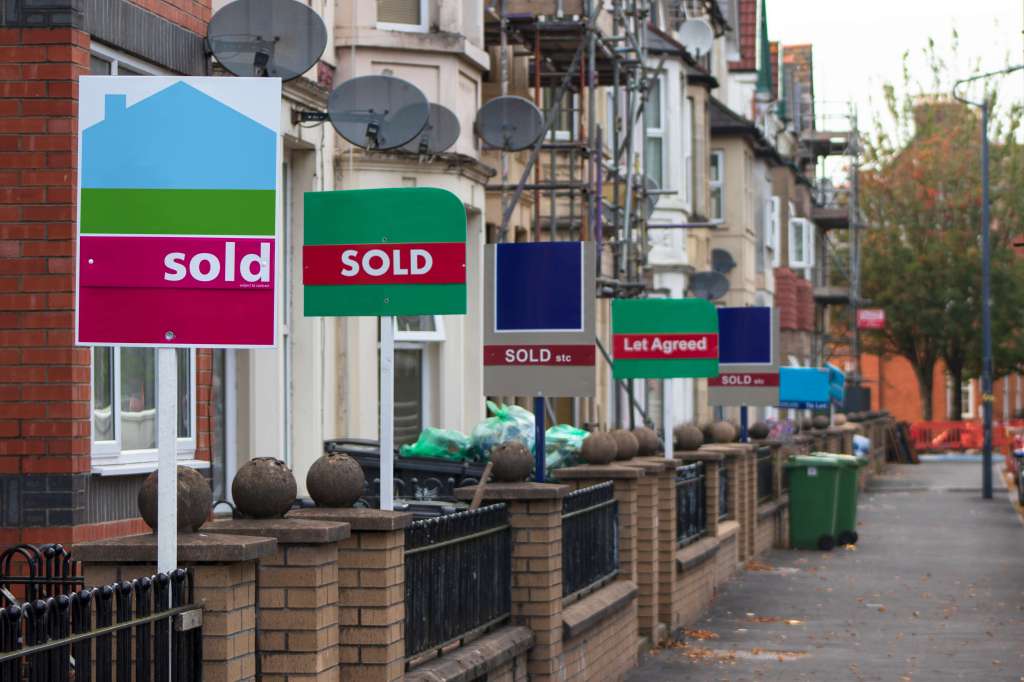Landlords who sell a buy-to-let investment for a profit usually have to pay capital gains tax (CGT).
Read on to find out the latest from HMRC on how landlords should report CGT, and why revenue from investors selling properties is on the up.
HMRC: landlords must file CGT property returns
HMRC has recently confirmed that landlords who sell a property are required to file a capital gains tax property return, as well as reporting the asset disposal on their Self Assessment.
In April 2020, the government made it compulsory for landlords to report the sale of properties and pay the capital gains tax they owe within 30 days of completion.
However, as part of the Autumn Budget 2021, the period was doubled to 60 days to give landlords ‘sufficient time’ to report and pay what they owe.
According to the Institute of Chartered Accountants, buy-to-let investors who have recently sold a property and reported it on their Self Assessment should file a paper capital gains tax return as soon as possible.
How can buy-to-let landlords file a capital gains tax return?
It’s not possible to submit a CGT return for a property sale online after it’s already been included on a Self Assessment return.
As a result, it’s important for landlords to file their CGT return, known as a ‘PPD’, before their Self Assessment.
However, landlords won’t need to file a PPD if their Self Assessment is submitted within 60 days of the completion of the property sale.
If you think you need to pay capital gains tax, you can work out how much you owe using the government’s calculator.
Since April 2020, it’s been a requirement to report and pay CGT using HMRC’s UK property disposal service.
Read our guide to capital gains tax for more information on how it works. CGT can be complex so make sure you get advice from a professional adviser if you’re not sure about anything.
What happens if you don’t report or pay your CGT on time?
If you sell a property and fail to report and pay your CGT bill within 60 days of the transaction completing, you could receive a late filing penalty.
Penalties and interest are calculated based on how much you missed the deadline by. For example, if you miss the 60-day deadline by:
- up to six months, you’ll get a £100 penalty
- more than 6 months, you’ll pay a further penalty of £300 or 5 per cent of any tax due (whichever is higher)
- more than 12 months, you’ll pay a further penalty of £300 or 5 per cent of any tax due (whichever is higher)
Capital gains tax paid by landlords is on the rise
The latest figures from HMRC, analysed by wealth management firm Quilter, show that CGT revenue for 2020-21 was 42 per cent higher than the previous year.
HMRC received over £14 billion in CGT during this period. It was paid by around 325,000 taxpayers, up from 55,000 in 2019-20.
It’s been suggested that one of the key drivers of the rise in CGT revenue is buy-to-let landlords selling properties for reasons such as:
- increased regulation
- rising costs
- concerns over CGT rates being brought in line with income tax rates
During this period, average house prices in many areas have also continued to rise rapidly. This means higher CGT bills for landlords selling their properties.
Are you considering selling a property due to increased regulation and rising costs? Let us know in the comments below.
Get set with tailored landlord cover
Over 200,000 UK landlord policies, a 9/10 customer rating and claims handled by an award-winning team. Looking to switch or start a new policy? Run a quick landlord insurance quote today.
Mike/stock.adobe.com
